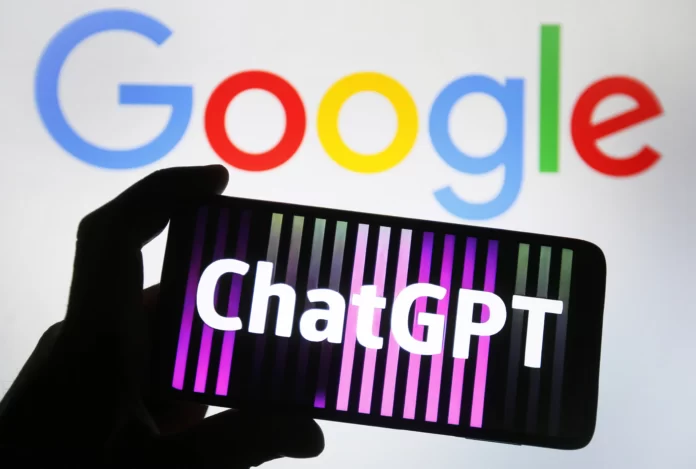Alphabet Inc.’s Google has turned down a request from OpenAI to access its search technology for integration into ChatGPT, according to testimony given Tuesday during Google’s ongoing antitrust trial in Washington.
Nick Turley, head of product for ChatGPT, said OpenAI approached Google after encountering problems with its existing search provider. While Turley did not name the provider, ChatGPT currently relies on Microsoft’s Bing for search functionality.
In communications shown during the trial, OpenAI expressed interest in Google’s search API to enhance the accuracy and responsiveness of ChatGPT.
OpenAI initially reached out to Google in July, but the tech giant declined the request in August, citing competitive concerns. “We have no partnership with Google today,” Turley stated in court.
The development is part of a broader legal battle in which the U.S. Department of Justice and several state attorneys general seek to dismantle what they allege is Google’s monopoly in online search and advertising. The DOJ has proposed measures that would require Google to divest key assets like the Chrome browser and allow competitors greater access to its search data—an initiative that could accelerate progress in AI tools such as ChatGPT.
Turley emphasized that real-time, factual search is crucial to the performance of ChatGPT. He added that the platform remains “years away” from being able to independently address 80% of user queries using its own search infrastructure.
While prosecutors argue that Google’s dominance in search gives it an unfair advantage in the AI space, Google maintains the case is unrelated to artificial intelligence. The company points to strong competition from other tech firms, including Meta Platforms and Microsoft.
Evidence presented at the trial revealed that Google had considered entering exclusive arrangements with Android phone makers, covering not just its search engine, but also its Chrome browser and Gemini AI app. However, the company opted for non-exclusive deals with manufacturers like Samsung and Motorola, as well as carriers AT&T and Verizon—agreements that allow for the inclusion of rival search offerings.
Google executive Peter Fitzgerald testified that the company has recently sent letters confirming that its contracts do not prevent partners from installing alternative AI products, pushing back on claims that it continues to suppress competition through its partnerships.




